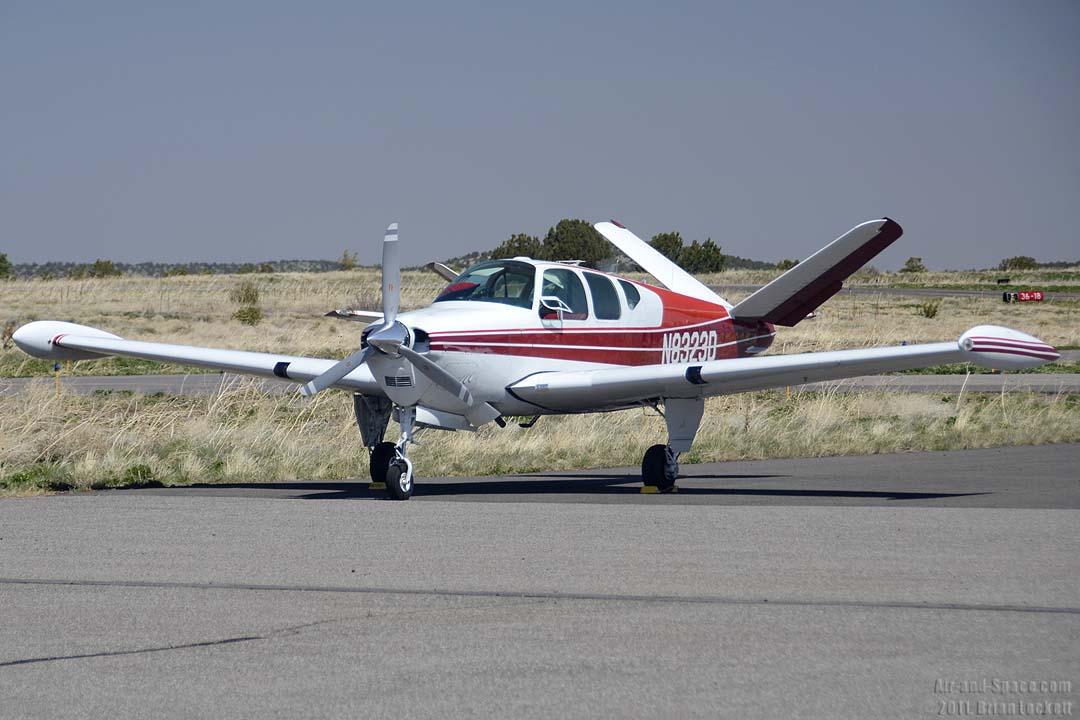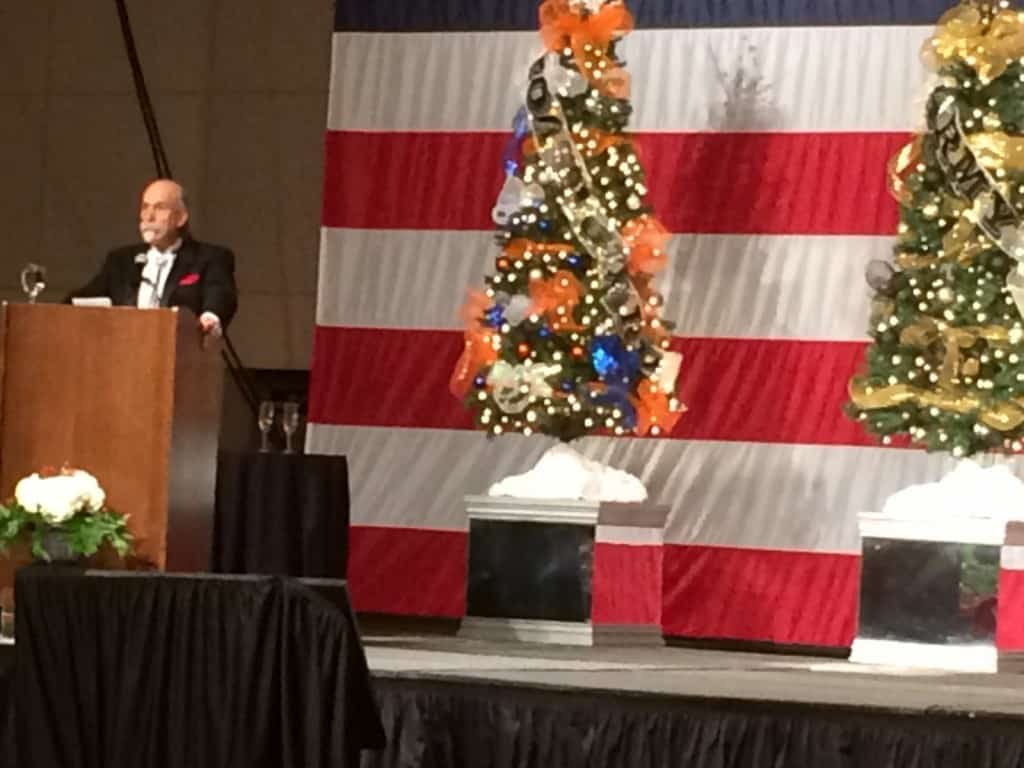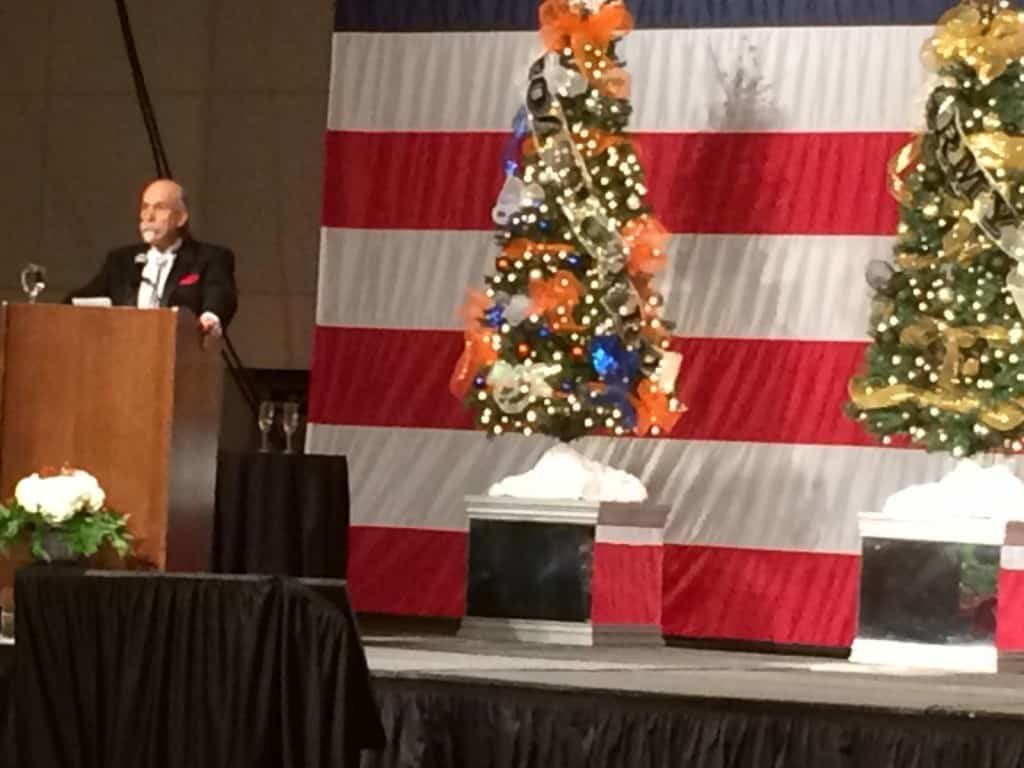Let’s talk about pilots and DWI as well as the FAA and legal malpractice.
So, you are a big time DWI/DUI lawyer and it is your lucky day!
Your secretary tells you that a civil attorney friend has referred a commercial pilot neighbor of his and that he is now on the telephone and wants to schedule an appointment.
Of course, hearing the potential for a large fee, you stop what you were doing and take the call.
Pilots and DWI: A Case Study
Captain Lucky Lindy, a 15-year major airline pilot with 15,000 flight hours and who is also a United States Air Force Reserve Flight Officer of 19 years, tells you that 16 days ago he was not so lucky as he was arrested for drunk driving by a member of the local constabulary.
He apologizes for not coming in sooner, but he had been on a weeklong round trip flight out of the country and had to immediately report for military reserve duty upon his return.
Unlucky Lindy then informs you that he refused the Intoxiliar breath test and that he is very concerned that this incident might cause him to be forced into early retirement.
The client’s high level of stress is clearly manifested in his voice and by the fact that he continually asks for assurances that he is not going to lose his lifetime investment in his aviation career.
Reassuring him that he will be all right and that he is in the best of hands, you schedule an afternoon appointment for him.
FAA Reporting Requirements
Not being a pilot or a person with any real aviation experience, you call a local flight school to ask what is the Federal Aviation Administration (FAA) reporting requirement for DWI/DUI.
A young certified flight instructor (CFI) first tells you that there are three types of pilot medical certificates:
- a first class that is good for six months
- a second class that is good for 12 months, and
- a third class that is good for twenty-four months.
He further explains that all pilots must have a current medical certificate in order to be legal to fly.
The CFI then said the only requirement that he knew about concerning a DWI/DUI conviction was that it be admitted in the space provided for it on the medical certificate application form.
Feeling somewhat better informed, you thank the youngster, say goodbye, and wait for your new client to arrive.
The FAA First Class Medical Certificate
At your office interview later that day, Lindy tells you that his FAA First Class Medical Certificate will expire in two weeks and then requests your advice as to whether or not he needs to report his arrest to the feds.
Not knowing about the Federal Aviation Regulations (FAR’s), you tell him not to worry, that you will do some research into the matter, and have an answer for him soon.
During the interview, you properly and thoroughly explain that his case is very defendable, that a DWI/DUI first offense, if there is a conviction, could theoretically result in a sentence of jail, a fine, both jail and a fine, and a driver’s license suspension of up to one year.
You further inform him that as a consequence of his breath test refusal and because he missed the 15-day period after his arrest to request an administrative hearing, he will lose his driver’s license for 90 days.
The good news, however, is that he is eligible for an occupational license and that it is almost a sure thing the court will grant him one during the 3 month suspension period.
Pilots and DWI: “How will this affect my flying?”
Unlucky Lindy again revisits the questions with you as to “how will all this affect my flying?” and “do I have to report this to the FAA at this time or later?”
Exactly how you answer this question will make a big difference to your legal malpractice carrier, if you have one, and to your retirement account if you do not have coverage.
More importantly, it will make all the professional and emotional difference in the world to your pilot client
The New Medical Certificate Needs to Include Everything
Remembering the CFI’s quick tutorial, you inform the client that it is your opinion the medical certificate form only requires the reporting of “convictions” so there is no need to make reference of the arrest on the form when he applies for a new medical certificate.
Fortunately, for you, that information is correct.
You then say that it is your opinion that the FAA need not be notified at all unless there is a conviction.
Oops!
The force field around your retirement account just got weaker. You misadvised your client.
The source of your error can be found in Section 61.15 of the FAR’s.
It provides:
OFFENSES INVOLVING ALCOHOL OR DRUGS
(c) For the purposes of …this section, a motor vehicle action means:
(1) A conviction after November 29, 1990, for the violation of any Federal or State statute relating to the operation of a motor vehicle while intoxicated by alcohol or a drug, while impaired by alcohol or a drug, or while under the influence of alcohol or a drug;
(2) The cancellation, suspension or revocation of a license to operate a motor vehicle after November 29, 1990, for a cause related to the operation of a motor vehicle while intoxicated by alcohol or a drug, or while under the influence of alcohol or a drug (emphasis added);
(d) Except for a motor vehicle action that results from the same incident or arises out of the same factual circumstances, a motor vehicle action occurring within three years of a previous motor vehicle action is grounds for:
(1) Suspension or revocation of any certificate, rating, or authorization issued under this part.
(e) Each person holding a certificate issued under this part shall provide a written report of each motor vehicle action to the FAA, Civil Action Security Division (AMC-700), P.O. Box 25810, Oklahoma City, OK 73125, not later than 60 days after the motor vehicle action. The report must include:
(1) The person’s name, address, date of birth, and airman certificate number;
(2) The type violation that resulted in the conviction or the administrative action;
(3) The date of the conviction or administrative action;
(4) The State that holds the record of the conviction or administrative action; and
(5) A statement of whether the motor vehicle action resulted from the same incident or arose out of the same factual circumstances related to a previously reported motor vehicle action.
(f) Failure to comply with paragraph (e) of this section is grounds for:
(1) Suspension or revocation of any certificate, rating, or authorization issued under this part.
Bad Advice Could Result in Your Pilot’s License Being Revoked
Your incorrect advice could cause client Lindy to have his pilot’s license suspended or revoked if he does not notify the FAA Civil Aviation Security Division not later than 60 days after his driver’s license goes into suspension for refusing to submit to the Intoxiliar test.
Of course, should Lindy lose his pilot’s license then he most likely would lose his job, too, and you will inevitably get sued!
Ouch!
Pilots and DWI and FAA Logic Aren’t Predictable
Lets change the facts a bit so that Unlucky Lindy comes to you and says he simply wants to plead guilty, get probation, and get this unfortunate episode behind him.
He then asks “will it be sufficient to report my plea and conviction by affirmatively noting them on my medical certificate application?”
If you are inclined to think that it is logical to assume the answer is “yes” because your client is actually notifying the FAA of his conviction by admitting it on the form, then you should be happy to know it is indeed a logical conclusion.
Regrettably, however, like the rest of the government, the FAA does not always think, act or promulgate its rules logically.
The FAA and a Major Airline Captain: A Story About Bureaucracy
If you don’t like that answer, then consider the bureaucratic nightmare that befell a major airline captain in 1991.
In May the pilot was arrested for drunk driving.
Days after the arrest, feeling very concerned about his career and about following the rules, he actually called the local FAA office (Flight Standards District Office, a/k/a “FSDO”) to ask about the affect the DUI/DWI would have on his pilot’s license.
The FSDO, being helpful, only reminded him that it would be necessary to report the conviction, if one happened, on his medical application form when he reapplied for it the next month in June.
Not wishing to contest the DUI/DWI, the captain pled guilty on June 10.
Within two weeks, during the completion of his medical application form, the captain in answer to question “21v” checked “yes” and self disclosed the conviction.
Notwithstanding the fact that he did not make further reference to the conviction on the form, he did explain and further disclose the events giving rise to the conviction to the FAA Medical Examiner Physician.
The doctor, ostensibly believing the captain fit for flying, issued him a new medical certificate.
On the first of October, the FAA’s Aeromedical Branch, following routine procedures, requested the captain to furnish further details of the conviction.
The information was promptly furnished to the satisfaction of the branch.
Then comes the bureaucratic nightmare.
The FAA popped the captain for a twenty day suspension for violating FAR 61.15 because he did not specifically notify the Civil Aviation Security Division in Oklahoma City within the sixty days as called for by the rule.
“Wow!” you say?
Well, so said the captain too! “Unreasonable!” you say.
Well, you must be clairvoyant because that is exactly what the dumfounded captain also said.
Does the word “appeal” come to mind?
It did to the captain and he appealed to the National Transportation Safety Board (NTSB) saying in effect that because he had no intent to deceive and that he had in fact reported his conviction to the FAA, although not to the security division because he was unaware of the rule, it was unreasonable to find a violation and suspend him.
“Wow!”, said the judge agreeing with the pilot.
“Unreasonable!”, said the judge again agreeing with the pilot.
Indeed, after hearing the evidence the judge not only found that there was “substantial compliance” with the rule, but also, he dismissed the case against the pilot.
Does the word “appeal” come to mind again?
It did to the FAA and it appealed to the full 5 member NTSB Board.
“Wow!” said the Board.
“Reversed” said the Board, and they reinstated the record of the conviction albeit without the suspension.
The Board went on to say that “[a]s a general rule, airmen are expected and obliged to know the regulations to which they are subject, and ignorance of them is no defense.
The reporting requirement regulation was in effect at the time of the [captain’s conviction] and its language is absolutely clear”. (emphasis added)
“Ouch!” said the captain. “Ouch!” screamed the legal malpractice carriers!
Be Careful When It Comes to Pilots and DWI
The above examples ought to make you very careful in representing pilots in drunk driving prosecutions and/or administrative driver’s license proceedings that are collateral to the drunk driving case.
Clearly, the effect of either a failure to report or even a properly filed report are quite consequential for the pilot Clearly, too, if that effect was brought about by ignorance and improper advice of counsel then, it too, has serious consequences for the lawyer.
Unquestionably, FAR 61.15 is a landmine just waiting to get stepped on by the innocent pilot/client and the unwary lawyer.
One would think if the self-disclosure requirement were that important to the FAA that it would have created a form for reporting the required information just as it did on the medical certificate application.
That, however, is not the case because there is no preprinted form.
What You MUST Report to the FAA
To summarize, the pilot/client who is convicted of DUI/DWI must report that conviction on his medical application.
He must also notify the FAA Civil Security Division in Oklahoma City within 60 days of the conviction.
Contacting the local FAA FSDO is not compliance under the rule. The pilot/client must also report any action taken on his driver’s license that emanated from the drunk driving arrest, i.e., a suspension for either failing the breath/blood test or for refusing a breath/blood test.
This report, too, is made to the FAA Oklahoma Office Civil Security Division and must be made within 60 days of the suspension.
In cases where the pilot/client suffers both a DUI/DWI conviction as well as an administrative license suspension that arose out of the same factual circumstances, he must timely report both of them to the Security Division or face a non-reporting violation.
Note, however, that only one of the two reports can be used for suspension/revocation purposes under FAR 61.15 (d), i.e., the FAA needs 2 separate incidents within a 3 year period to deny an application or suspend/revoke a pilot license.
Playing lawyers for the moment, arguably the reporting requirement for both a conviction and/or a suspension for refusing and/or failing a breath/blood test is in our opinion stayed for as long as the conviction and/or suspension are on appeal.
There is no law on this question as of yet but the 60 day clock on appeals we have handled have been treated by the FAA as starting when the appellate process was over and there were actual final court orders in affect.
Playing lawyers again, from a strategy viewpoint, in many jurisdictions it may be advantageous in defendable DUI/DWI prosecutions where the pilot/client plans on contesting the charge to always appeal the loss of an administrative driver’s license revocation/suspension hearing.
This is true because in many jurisdictions, the license is suspension is rescinded as a matter of law where the criminal case ends with a verdict of “not guilty”.
Clearly, this strategy will prevent you and your client from having to deal with the FAA on the issue of record correction and/or expungement.
Said another way, it is a lot easier to not ring the bell in the first instance than it would be to unring it after the fact.
Lets stroll through the minefield with two more examples before we put this topic to rest.
EXAMPLE 1): HOW ABOUT WHERE THE PILOT/CLIENT IS ARRESTED FOR DRUNK DRIVING, REFUSES THE INTOXILIAR TEST, DUI/DWI CHARGES ARE FILED BUT SUBSEQUENTLY DISMISSED FOR INSUFFICIENT EVIDENCE, HOWEVER, HE STILL SUFFERS A DRIVER’S LICENSE SUSPENSION FOR THE BREATH TEST REFUSAL. LOOKING AT FAR 61.15(C) (2), THE QUESTION BECOMES DOES THE NOT SO CLEAR LANGUAGE:
“…for a cause related to the operation of a motor vehicle while intoxicated…”
(emphasis added) excuse such a pilot from the self reporting requirement because there was not sufficient evidence of “while intoxicated” to warrant a continued drunk driving prosecution?
Applying the NTSB logic about “language [that] is absolutely clear” from our first example, a reasonable pilot and/or reader should clearly interpret the “while intoxicated” language of FAR 61.15 (c) (2) to mean what it says, i.e., that there must be sufficient evidence that the driver was intoxicated to require him to notify the Civil Aviation Security Division.
Requiring that a statute, rule, regulation or law be interpreted in light of the clear meaning of its words makes good sense to us.
Indeed, that has been a judicial and legislative rule of construction for quite some time now. Moreover, one would also think that a reasonable pilot and /or reader could rely on the doctrine of “stare decisis”.
Remember, this is the doctrine that requires consistency so that “we the people” can rely on precedent in order for us to be “expected and obliged to know the regulations to which [we] are subject…”
Regrettably, there is no guarantee in life that either the FAA or the NTSB will act logically, reasonably, sensibly, on the clear meaning of a FAR, or on precedent.
Such was the hard 120 day pilot’s license suspension lesson learned by an Ohio commercial pilot who had been stopped for erratic driving and subsequently refused to submit to a breath test.
In that case the pilot was neither arrested nor charged with drunk driving but did suffer a one-year driver’s license suspension.
This case turned on the FAA’s and NTSB’s interpretation of FAR 61.15 (d)’s language “motor vehicle action”.
On the rationale side of the controversy was the pilot who argued that a breath test refusal is not proof of alcohol or drug involvement.
Indeed, the definition of “motor vehicle action” requires that the suspension be “for a cause related to the operation of a motor vehicle while intoxicated by alcohol or a drug, while impaired by alcohol or a drug, or while under the influence of alcohol or a drug (emphasis added).”
In this regard, it is of import to note that the suspension was not for being intoxicated, but rather, only for refusing the requested test.
Of course on the flip side of the controversy was the FAA which claimed in a conclusory and wholesale fashion, that a breath test refusal fit within the broad meaning of “motor vehicle action” under section 61.15.
In a decision that runs afoul with reason and plain language, the NTSB simply deferred to the FAA and rubber-stamped its definition.
So much for fairness, uniformity and “stare decisis”.
EXAMPLE 2): OUR FINAL EXAMPLE INVOLVES THE SCENARIO WHERE THE PILOT/CLIENT, ALTHOUGH ORIGINALLY CHARGED WITH DUI/DWI, IS ALLOWED TO PLEAD TO A LESSER OR NEW NONINTOXICATION/ NONIMPAIRMENT/NONINFLUENCE CHARGE SUCH AS RECKLESS DRIVING AND THE ORIGINAL CHARGE IS DISMISSED, OR, WHERE THE DUI/DWI PROSECUTION RESOLVES ITSELF WITH A PRE-TRIAL DIVERSION, DEFERRED ADJUDICATION, OR PROBATION BEFORE JUDGEMENT, I.E., THERE IS NO FINAL CONVICTION.
The question here is: “whether or not FAR 61.15 requires self reporting of cases that are resolved without alcohol, drugs, intoxication, impairment, influence or that do not involve a final conviction?”
The short answer, at least for now, is “no!”
The Devil is in the Details
So what does all this mean to the lawyer who represents the client/pilot who is accused of DUI/DWI?
It means you need to be real careful to protect your pilot and yourself from collateral dangers that abound to the client because he is subject to a different and additional set of rules than the non-client/pilot due to his winged status.
It means that not only do you need to go out and get a copy of the current FARs, but also, that you need to read and understand them.
Review of NTSB decisions are also a must!
Don’t get trapped!
Read and don’t hesitate to ask others more knowledgeable for help or advice.
A great place to start is the Aircraft Owners and Pilots Association (AOPA).
It has a pilot assistance hotline for members at 1-800-USA-AOPA (1-800-872-2572) and a web site at: www.aoap.org
In closing, those of us who have been lucky enough to represent pilots know that they are some of the greatest clients and nicest friends around.
Remember, protecting a pilot’s license is protecting your own law license.
Avoid the FAA pitfalls.
Don’t crash and burn.
By J. Gary Trichter and Christian Samuelson









